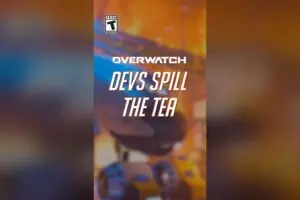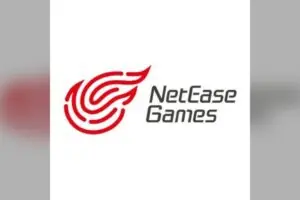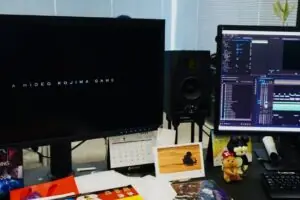Every year, popular game distribution platform, Steam, hosts an annual summer sale where gamers can swipe up the hottest deals of the season.
To keep things fresh and exciting, Valve designates a yearly theme to go along with the discounts and make things fun.
For 2019, Steam hosted the Steam Grand Prix – an interactive event that ran from June 25th to July 7th. While the discounts of the summer sale itself were decent, the approach that Valve took with the theme left a lot of gamers and game developers confused.
The Grand Prix was designed to have users pick from one of five teams and contribute points to their team by completing quests and making purchases – but that’s about as far as anyone could really understand.
In a Steam blog post from June 27th, Valve explained, “We designed something pretty complicated with a whole bunch of numbers and rules and recognize we should’ve been more clear.”
This was followed by an apology over the fact that the event had not only created a lot of misunderstanding among Steam’s vast number of users but also saw one team having an unfair early advantage due to what Valve called “broken mechanics.”
Despite making adjustments and attempting to explain the rules of the event better, it still failed to make much of an impact.
Ultimately, the team that held the initial lead won, and players still didn’t really get what was going on.
One of the core issues with the Steam Grand Prix was due to the prize system. Steam promised to randomly gift Steam users from the top teams a copy of the top game in their Steam Wishlist.
Unfortunately, a lot of players didn’t understand how exactly this was meant to work – which enabled a lot of people to clear out their Wishlist entirely and only add games they hoped to get for free.
While Steam clarified that users could keep their regular Wishlist intact and just move their favorite game to the top, game developers noticed a drastic increase in games being removed from the user’s Wishlists – and to summarize it, the event created more trouble than it seemed to be worth.
At the end of the Steam Grand Prix, Steam congratulated the winners and apologized again for the issues: “We realize that the race track had some unexpected turns – we tried to straighten them out when we could, and we’ll anticipate the curves better next time we invite you to the race.”
To try and compensate, Steam decided to gift an extra 5,000 people who participated in the event their top Steam Wishlist game, regardless of the team they were on.
At the end of the day, Steam gamers and game developers alike felt underwhelmed and even stressed over the way the event played out.
Hopefully, Valve will be able to readjust their sights for next year’s annual summer sale.





